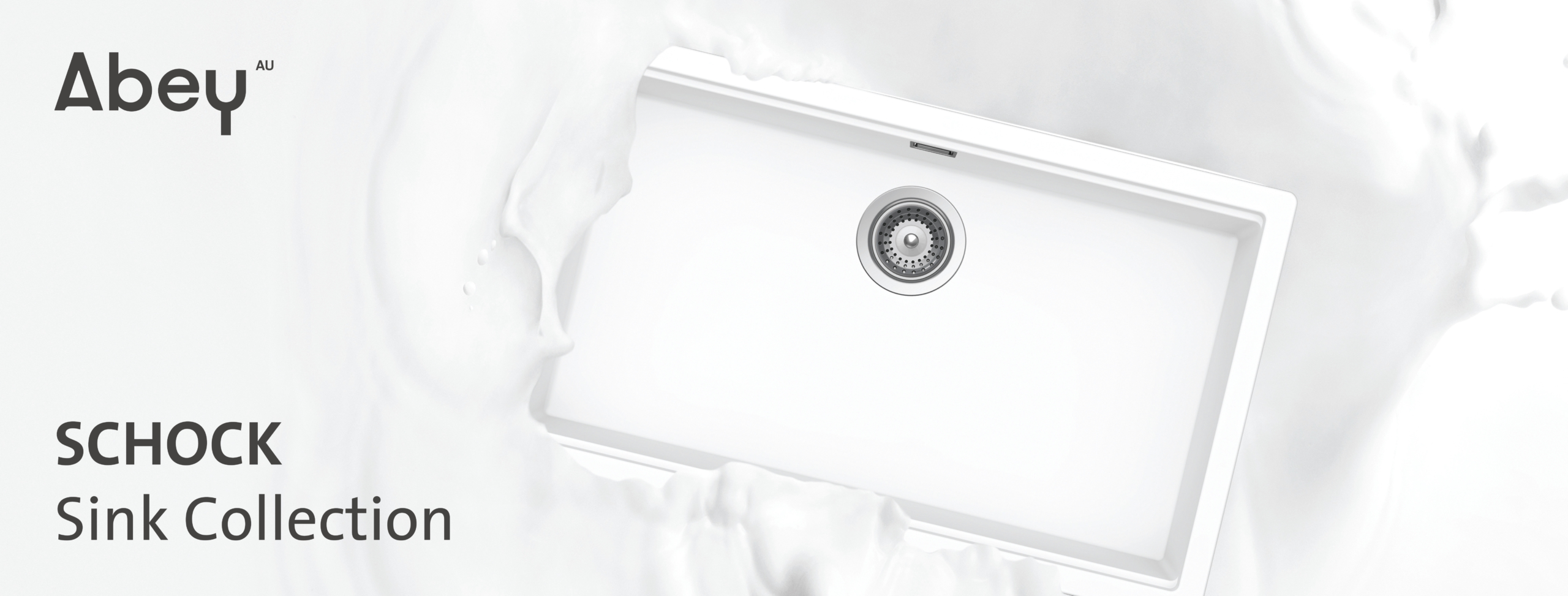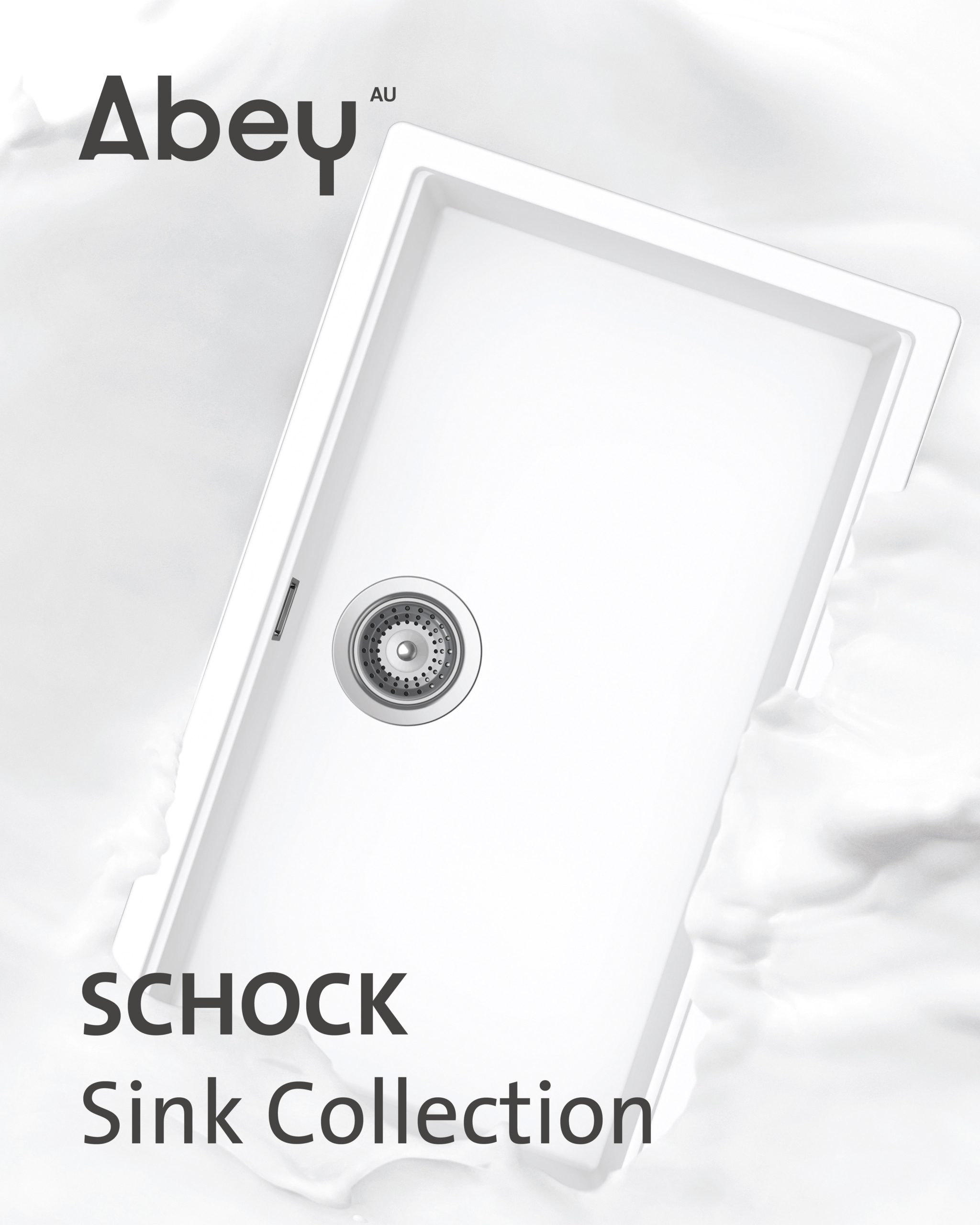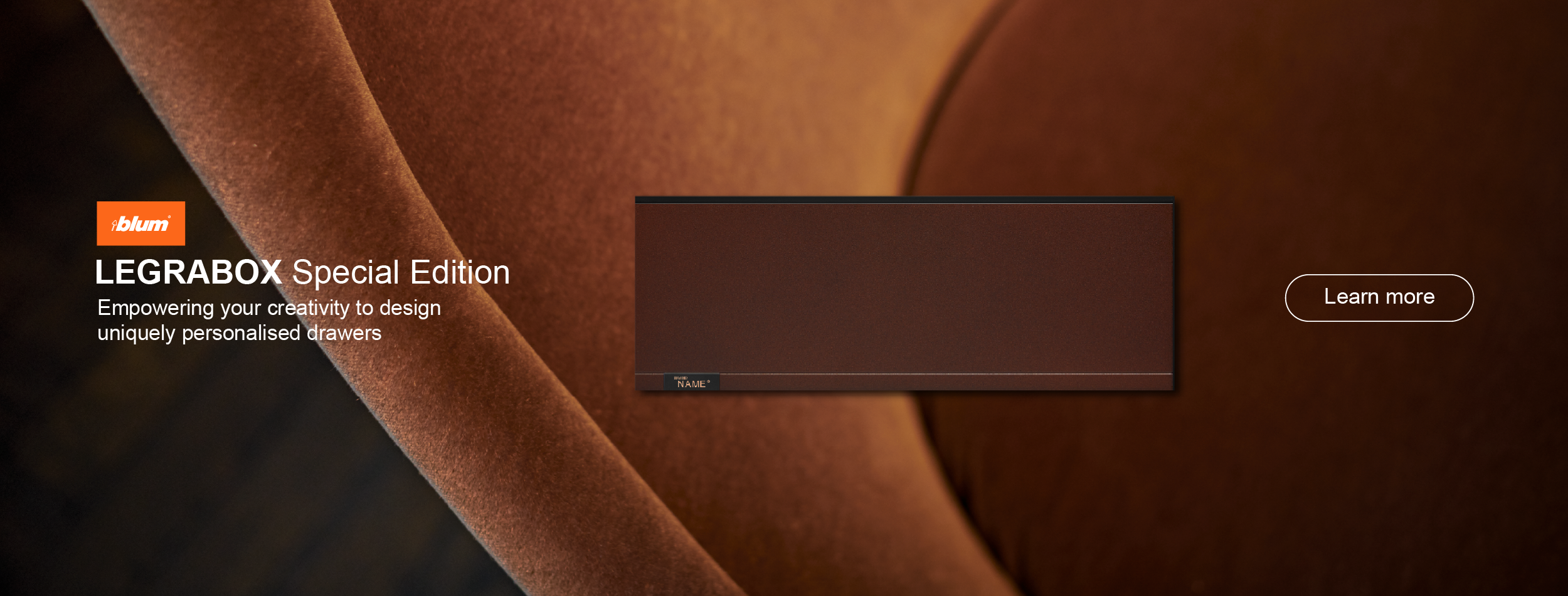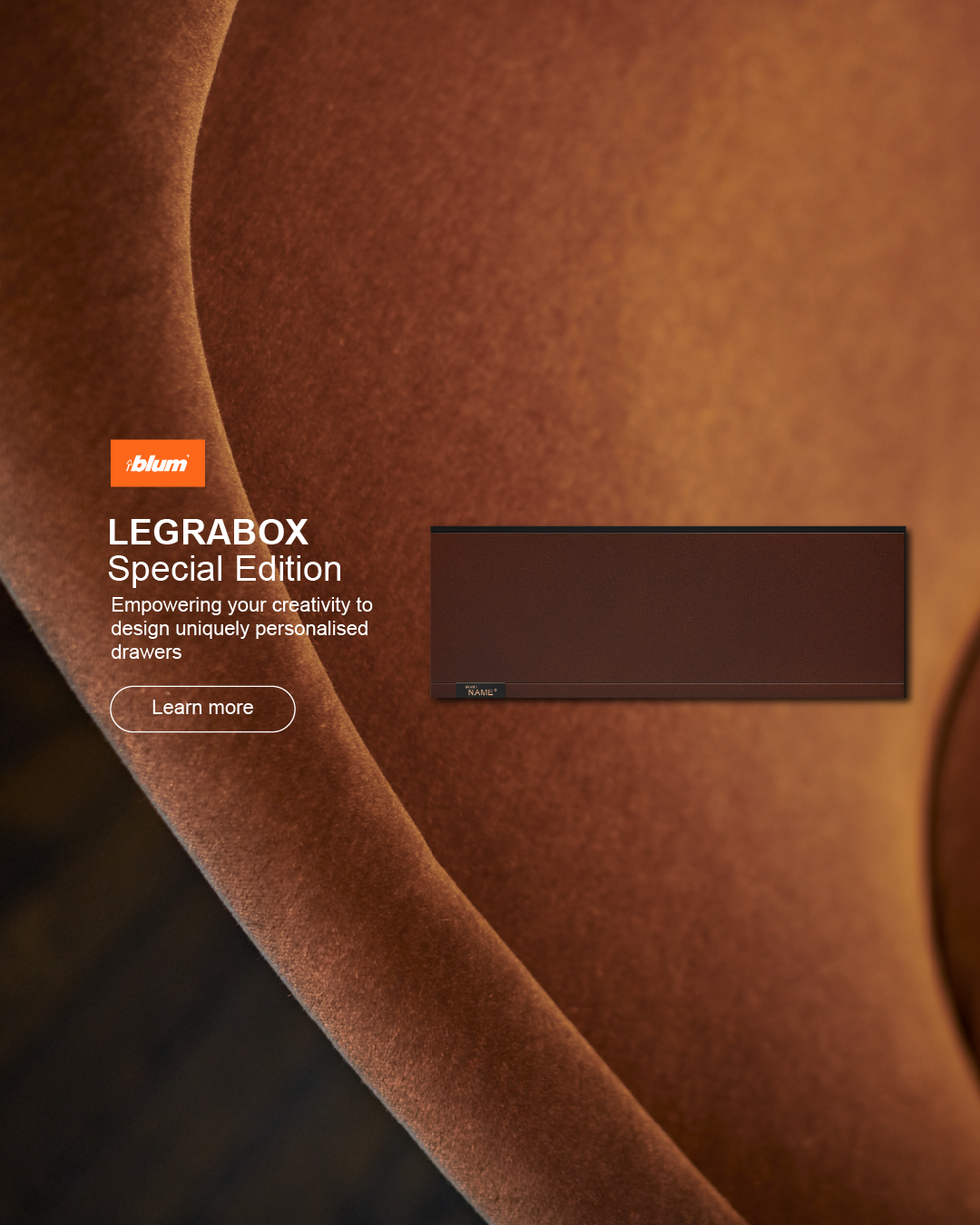
Bright Complexion – MECCA Support Centre 2 & 3 by Studio Tate
Rich colours and consummate furnishings are set against a humble industrial backdrop in Studio Tate’s conversion of a midcentury warehouse into a lush corporate campus for Australian cosmetic brand MECCA. Bursts of colour traversing ochre and rouge are softened by natural cork and timber veneer, easing gently into a background of white-painted brick and polished concrete.
Just behind the iconic Corner Hotel in the heart of Richmond in inner Melbourne, on the land of the Wurundjeri people of the Kulin nation, the footprint of the MECCA Support Centre occupies much of one side of Wangaratta Street. The painted white bricks and midcentury columnar design seem to continue endlessly up the lane, creating the sense of being deep in a university campus. This was exactly the tone that MECCA sought for Support Centre 2 & 3, expanding the existing Support Centre and bringing all the MECCA brands together to create “a mix of university vibe, hang-out cafe, home cocooning and quiet spaces,” describes Jo Horgan, MECCA Founder and Co-CEO. Seeking also to cultivate the buzz and creativity of a typical campus, Jo articulates the vision for the space: “We wanted it to be light, airy, colourful and energetic so that people would want to be together to allow for creativity, brainstorming and human connection.”
The design was the result of a prodigious collaboration between Studio Tate and MECCA’s Retail Design and Development team, with Denise Neri selecting furniture and finishings, and styling by Louise Paterson. The initial design concept was to transcend the traditional, often oppressive workplace format, seeking instead to crystallise the brand narrative into a space that feels warm and energising for staff, as well as creating a show-stopping welcome for international visitors.
The original façade of the warehouse presents as a quintessential example of restrained midcentury design; a repeating pattern of rectilinear forms is articulated at multiple scales, from the towering two-storey entry that greets one at the street, with large openings and block patterning expressed, down to the neat brickwork. Classical modern elements from the original design are at the fore, such as breeze blocks, picture windows and the stunning terrazzo staircase. An inviting main reception is tucked beneath the stairs, the brass desk accompanied by an era-appropriate de Sede DS-600 modular sofa and Pierre Paulin armchairs.
Internally, the generous warehouse envelope is retained, with original roof trusses and amenities painted but on show. A familiar, domestic feeling liberates one from the typical workplace monotony, humbling the bold elements and generous spatiality of the 4,500-square-metre space. To cultivate privacy and space to focus, built forms are nested within the larger envelope, such as offices, quiet rooms, meeting nooks and a library. A variety of different work environments are offered to staff, balancing style and ergonomics. Communal spaces are prioritised equally to workspaces, with comfortable lounges and sitting areas abundant for when a conversation in front of the microwave turns into a sit-down brainstorming session.
Between the structural elements, the interior design shines, expressed through tasteful splashes of vibrant orange, yellow, coral, pink and claret. The colour selection invigorates the workspace, “tonal shifts that echo MECCA’s energetic in-store experience and ensure a consistent brand experience across touchpoints,” describes Anita Zampichelli, Associate at Studio Tate. Working in harmony with the invigorating palette, Denise Neri’s careful curation of furniture and finishings, such as the whimsical vintage Studio65 Bocca lips sofa, all effortlessly combine to offer a visually engrossing working environment that accentuates the narrative of the overall design. The vibrancy of the rich palette is balanced by oak timber veneer joinery, natural stone, leather seating, cork panelling and Tretford goat hair carpet. As well as providing soft materiality, these choices are in line with MECCA’s focus on sustainability.
The expansive original envelope retains an intimate atmosphere through offering a variety of smaller spaces and soft surfaces while injecting life and energy through a spirited palette of rich colours and natural materials.
Studio Tate, MECCA, Denise Neri and Louise Paterson have set a new bar for what can be achieved through collaboration, expanding the Support Centre to create a campus of buildings that expresses a skilfully curated aesthetic to inspire staff and foster a collective working community. The expansive original envelope retains an intimate atmosphere through offering a variety of smaller spaces and soft surfaces while injecting life and energy through a spirited palette of rich colours and natural materials.


































